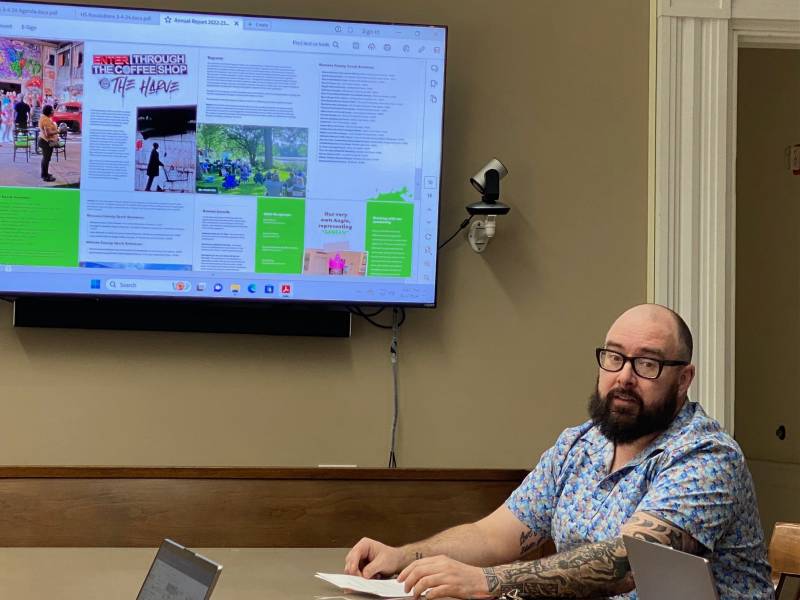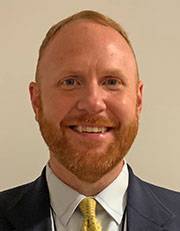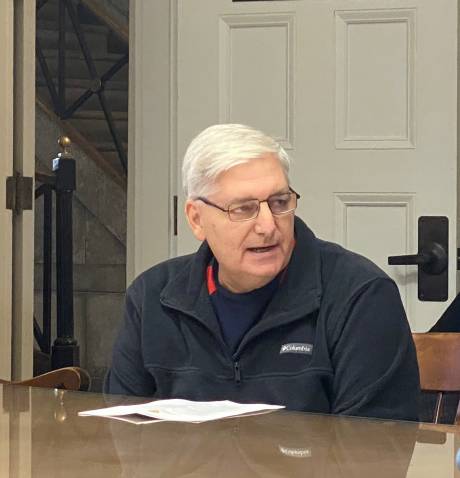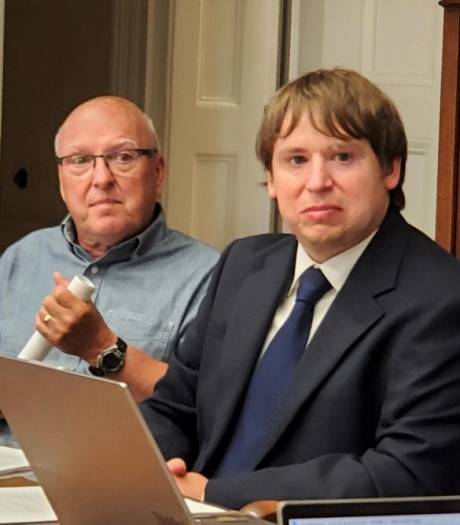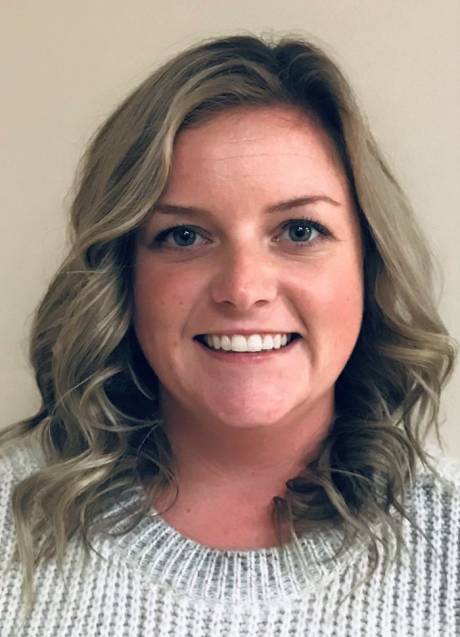Seniors on wait list for an aide get potential lift, remodeled shower as way to stay home
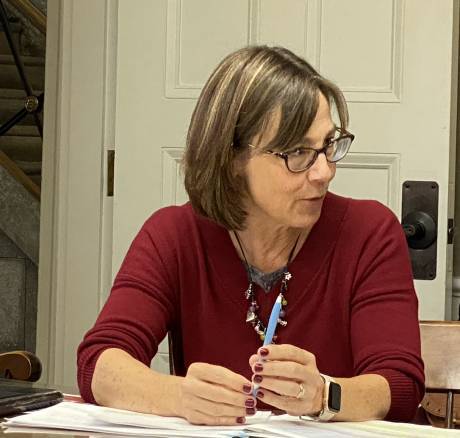
Photo by Joanne Beck
Although healthcare aides aren’t always available to tend to people in their homes, Diana Fox says there are sometimes other ways to address their needs.
And Genesee County’s Office for the Aging has found that way through bathroom remodeling. A $125,000 grant and a trusty contractor have made it possible for fragile seniors to be more independent, she said during this week’s Human Services meeting.
“We have worked with this company. for several years, I really liked them; we're really pleased with the work that they did. And we're very happy to be able to come back with them. The the cost in terms of the average cost for a shower is a little bit higher than it had been, and the average is about $15,796. With the $125,000, that would allow us to do about eight of them a year,” Fox said Monday during the county meeting. “And it's funded through unmet needs, which is there's no cost involved in that. And unmet needs pay for things that when there aren't enough aides, we can leave people on the waitlist for an aide. And when we are able to do things like modify the bathroom so that they could get themselves clean, and they can stay in their home instead of having to leave to have that done.”
People often find out about the program when someone calls seeking help for a parent, and OFA will conduct a home visit assessment to determine what the senior may need as part of daily living or is lacking, she said.
“That's pretty much how they find out about it. It's first come, first serve. We really haven't had any problems. But there's always the potential that they tell their friends to hey, I want to get that shower. We talked a little bit about the case management program and things like that. So I'm sure from time to time it's mentioned. There is a qualifying income. We can also, if they don't meet that, there may be a cost share involved in it. And it's not eligible for people who, if they're on Medicaid, then that would be a whole separate something,” she said. “So last year we did nine; it was a big year. This year, we've already done two showers in February and two in March from last year's funding, and in 2022, we have done five, and in 2021, we did two. So it's definitely something that's increasing.”
They passed the resolution, which will go on to the full Legislature for a final vote on April 10. It grants the OFA to work with Caring Environments J&H, Inc. of Clarence to provide tub/shower modifications using the OFA’s targeted home and community-based funding.
This funding of $125,000 allows for certain services that maintain or promote the independence of older adults who meet eligibility criteria. These services include but are not limited to, the removal of physical barriers (such as changing out tubs for walk-in showers, providing raised toilets, grab bars, etc.) and wraparound services such as purchasing/renting, maintaining, and repairing appliances.
According to the resolution, due to the lack of personal aide services for those eligible for such services, tub/shower modification has been identified as a need in Genesee County and is in greater demand with the increasing number of older adults in our county needing in-home and community support services in order to remain in the home of their choice; and WHEREAS, the Committee on Human Services and Ways and Means does recommend approval at this time, and WHEREAS, this initial contract is effective April 14, 2024 –April 13, 2025, with renewal options for two additional one year periods. Now, therefore, be it RESOLVED, that the Chair of the Genesee County Legislature is hereby authorized and directed to execute the necessary documents to award the contract to Caring Environments J&H, Inc. 4365 Ransom Rd. Clarence, NY, 14031, to serve as an installer at a cost not to exceed $125,000 for the period of April 14, 2024-April 13, 2025.
Unmet Needs grant funds offset the costs of this program, for which there is no county match. The costs are in the approved 2024 county budget in the Homecare and Maintenance/Equipment lines.
A second amount of $22,500 to the same company was also approved to be passed on to the Legislature for a stair and wheelchair/vertical lift program.
“So basically, it’s the same thing, same company, same funding stream through the unmet needs grant only. This is for stair lifts and wheelchair lifts. And the average cost of those is about a little over $5,000. So, with $22,500 put into this line, we do an average of four. We have two pending for the year 2024. Last year, we only did two, we didn't do any in 2022, and we did one in 2021, so it's not nearly as popular,” she said. “I don't know, just a differing level of what somebody needs. This has more to do with, I’m thinking, that they've been able to actually get into their home. So, again, it’s the same process, a case worker will go out, make an assessment, see what they need.”
Legislators didn’t have too many questions, but an important observation.
“So it’s keeping people in their homes for longer,” Legislator Brooks Hawley said.


